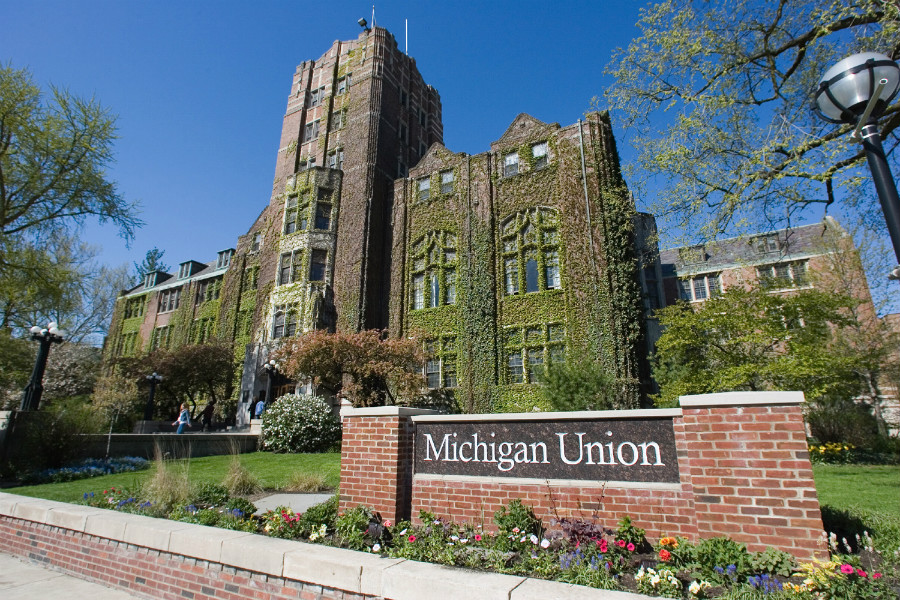About 100 students from the University of Michigan appeared desperate for medical care in recent days. University of Michigan researchers are investigating a possible norovirus outbreak on the Ann Arbor campus.
The Michigan Department of Community Health is testing lab results from student’s samples in order to determine the causes and effects of the virus. So far, the virus can only be verified as highly contagious, and results from the Michigan Department of Community Health won’t be available until next week.

Students at South and West Quad at the University of Michigan began showing illness on Monday, said spokesman Rick Fitzgerald. He also added that all of the ill students ate regularly at the South Quad cafeteria, providing a starting point for the investigation.
“We’ve instituted some additional cleaning protocols in residence halls – all of our residence halls and all of our dinning facilities – out of an abundance of caution, based on what we believe to be this norovirus,” said spokesman Rick Fitzgerald in a press release. “Our physicians tell us that norovirus is highly contagious and easily spread,” he added.
The illness has shown to be highly contagious and can cause nausea, diarrhea, fever and vomiting, according to chief health officer Dr. Robert Winfield. Due to the rapid expansion of the sickness officials were forced to severely clean the campus’ pool, as well as bathrooms and locker rooms.
Health measures on the Norovirus
The University’s health measures include advising sick students to separate themselves from the crowds by staying in their dorms. The University of Michigan will offer serving meals to the sick students’ dorms if requested. Also, the health department is taking additional precautions to help restrict any further spread of the norovirus.
The virus generally causes painful gastrointestinal symptoms and it has been reported to last about three days. However, it depends on the person immune system to accurately ascertain the period of time these symptoms could last. This isn’t the first time a virus hits the University of Michigan’s campus, as a similar outbreak took place in 2002. Yet, the previous virus was confined to only one dormitory, instead of to an entire university campus.
The norovirus inflames the stomach and intestines, causing abdominal pain, nausea, and diarrhea, according to the Center for Disease Control. Also, as many diseases nowadays, the virus can be spread from person-to-person as well as from food, water or even surfaces.
Source: CBS Local Detroit
